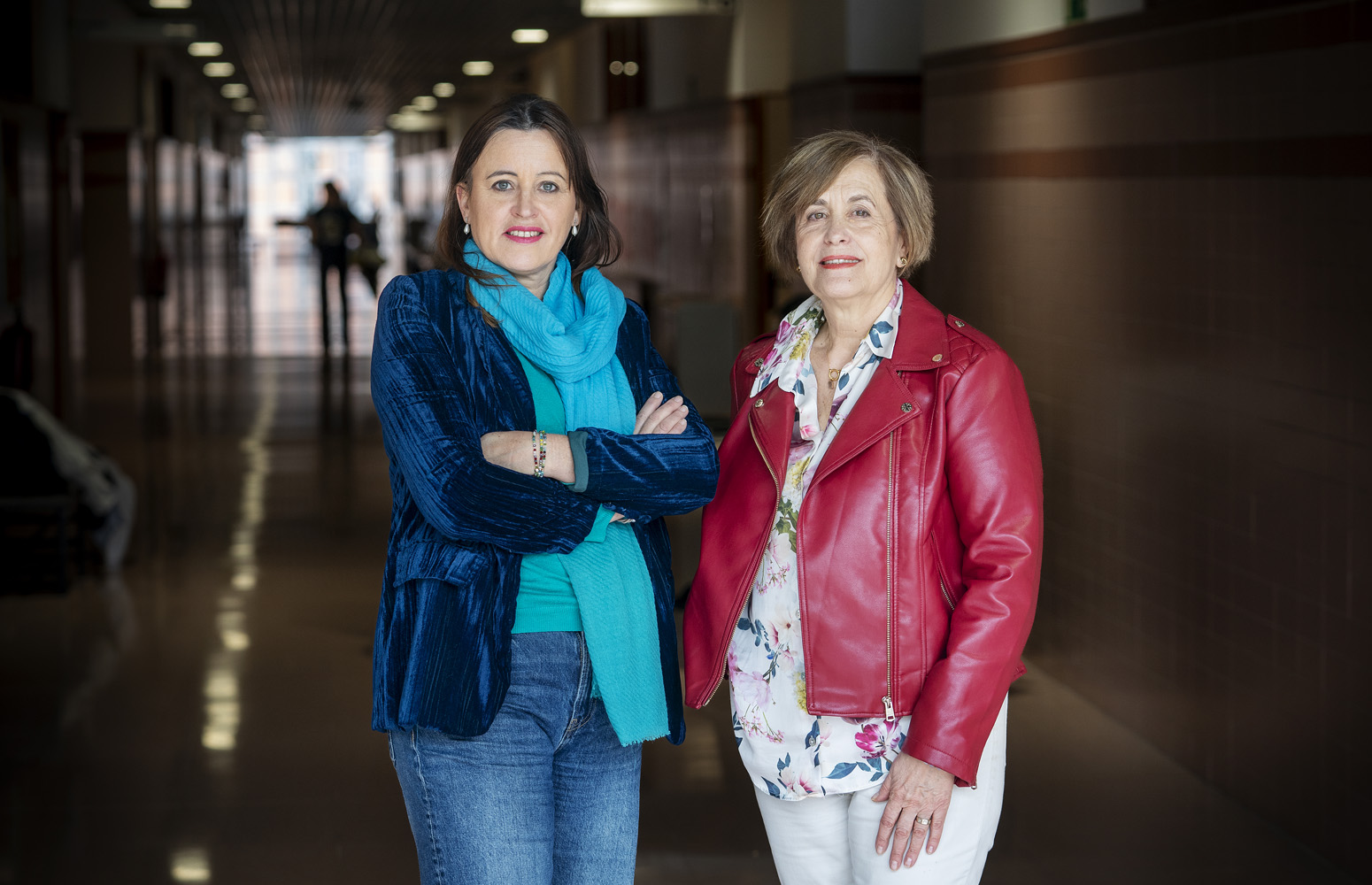The 18<sup>th</sup> International Conference on Minority Languages is taking place from 24 to 26 March. The NOR group of the UPV/EHU-University of the Basque Country is running it and has been adapting the format of the conference, which was originally intended to be face-to-face and which has unavoidably ended up being held online. Language diversity is the focus of this edition, and the right to express oneself its hallmark. So the papers can be delivered in 4 languages: English (the customary one), Spanish, French and Basque.
The UPV/EHU hosts the 18th edition of the International Conference on Minority Languages ICML
The NOR research group has made every effort to ensure that this edition, which has to be online, does not lose the intrinsic proximity and warmth of this conference
- News
First publication date: 26/03/2021

Over 250 researchers have come together online between 24 and 26 March at the 18th edition of the International Conference on Minority Languages ICML. This is the largest online conference to be held to date in the Basque Country, and seeks to bring together researchers working with minority languages so as to reflect on their work, share their research, and bring this subject to academia. "The main focus is on minority languages, but research is being conducted into many aspects, such as education, communication, anthropology, sociolinguistics, linguistics, technology, etc.," said Josu Amezaga-Albizu, lead researcher of the NOR Research Group and conference organiser.
The 18th edition of the ICML is being held this year; it has been held every two years since 1980 in different European cities. The initial intention had been to hold it in Bilbao, and the UPV/EHU’s NOR research group had taken up the baton to organise it, as it felt in some way indebted to the conference. The presence of the Basque language and Basque researchers has always been prominent at this conference: "Research work is being carried out into Basque across a whole host of fields, and it has a high degree of development. We were really keen to bring European and international researchers to the Basque Country, so that we could show them our language, contrast the work that has been carried out on Basque, and receive opinions, etc. What is more, we were organising it to coincide with the Korrika1. We were really looking forward to it, as it strikes us as an interesting phenomenon," explained the organiser.
However, the pandemic has caused the entire plan to be changed, and the conference will be held online in the end. The organising team, however, has provided the necessary means enabling the conference to maintain its characteristic warmth. "Many of us who participate meet edition after edition, and this gives the conference a particular strength. We didn't want that quality to be lost because of the online format," he insisted. “It has been a major challenge, as the adaptation has been new for everyone, but we have worked hard, and we hope that the result will be satisfactory."
They wanted to incorporate diversity into this year's edition. Firstly, they have sought to display greater language diversity than at the usual conferences, in other words, "so that English is not the only language used. Our edition will have four languages: English, French, Spanish and Basque. That way, we wanted to create space for those people whose English is less fluent, and we have prioritised the right to express oneself," Amezaga pointed out. All speakers of minority languages also know at least one majority language, but it does not necessarily have to be English. Simultaneous interpreting will be provided to ensure participants' understanding.
Secondly, they wanted to go beyond Europe, and have included the participation of researchers from other continents. Among other things, prominence has been given to the presentations that will be given by Ana Deumert from the University of Cape Town in South Africa, and Ingrid Piller from the Macquarie University in Australia, as well as the one given by Joan Pujolar from the Open University of Catalonia, and that of Jasone Cenoz of the UPV/EHU's DREAM research group.
Cenoz, for example, will be tackling the concept of translanguaging. "Various pieces of research and practices show that the boundaries between different languages are softening: multilingual people take and use elements from all the languages they know when they speak; on the other hand, the integrating of different languages as didactic practice has proven to be useful. In our group we work with this procedure, but without losing sight of the need to protect our minority language, Basque. We consider it essential to seek a balance and to create spaces where only Basque is used —the so-called "arnasguneak" [breathing spaces] —, she said.
Although there is a huge difference between different minority languages in terms of their degree of risk and the challenges they face, "much can be learnt from each other, and that's what makes the conference interesting. The practice implemented in one region to strengthen a particular language may be of interest for another language, even if its situation and context are totally different," Cenoz pointed out.





